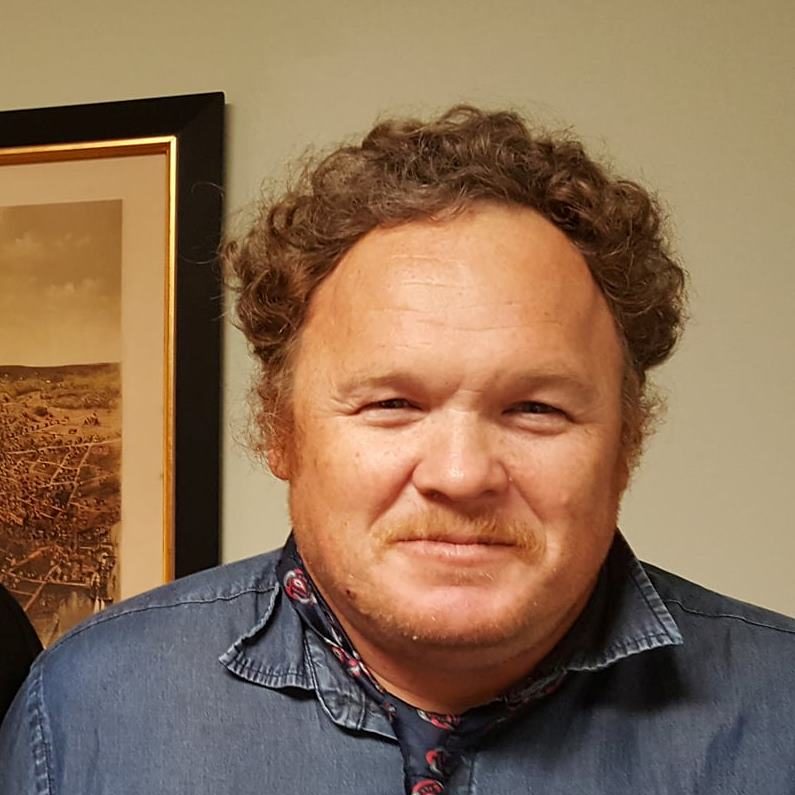Outbreak of conflict in Sudan between two previously allied factions has left churches and the minority Christian population that they serve in a vulnerable position.
Several short-lived ceasefires have been negotiated, their successive failures exacerbating a humanitarian crisis displacing hundreds of thousands of people.
It is unclear if churches are being deliberately targeted or caught in the crossfire. Warring factions signed a deal earlier this month in Jeddah, Saudi Arabia committing to the protection of civilians during the fighting. As with the earlier ceasefire accords, both sides are failing to abide by the agreement.
One faction is led by General Abdel Fattah Abdelrahman al-Burhan, head of the Sudanese Armed Forces (SAF). Mohamed Hamdan Dagalo (commonly known as Hemedti) leads the opposing Rapid Support Forces (RSF), a paramilitary group that emerged from earlier conflict in Sudan’s Darfur region. The turn of events in Sudan is not surprising, says Katartismos Global Director of Advocacy Faith J.H. McDonnell, who has over 30 years experience as a Sudan/South Sudan advocate.
McDonnell, who serves as co-leader with the Anglican Persecuted Church Network and the Global Anglican Future Conference (GAFCON) Suffering Church Network, lamented “appalling destruction of churches and the violence against Christians, as the two brutal generals, Burhan and Hemedi, pursue this deadly conflict may seem to be just a casualty of war, but truly the Christians are being targeted for their faith, just as they always have been.”
According to the Pew Research Center and the Sudan Council of Churches, just over 5 percent of Sudan’s 46 million residents identify as Christians, with 36 denominations represented.
In the early days of the fighting, Anglican Archbishop Ezekiel Kondo informed contacts in the United Kingdom that the Anglican cathedral in Khartoum was raided “and their cars destroyed using firearms.” Other sources indicate that it was suspected that the RSF had seized the facility to use as a military base. The Archbishop also reported that another Anglican church in the Al-Amarat district of Khartoum was raided and occupied by RSF fighters.
“We don’t know what happened to the rest of the church’s possessions,” Kondo lamented.
Video circulated of the Bahri Evangelical Church set afire after an airstrike targeting the market early in the fighting. That incident most likely was carried out by the SAF as it has been deployed against the RSF in the Khartoum area. The RSF have not used any aircraft during the conflict.
Churches from eastern traditions have also been affected. On May 14, the Mar Girgis (St. George’s) Church in Omdurman across the Nile river from Khartoum came under attack. The SAF blamed the RSF for launching the assault while the RSF issued a statement asserting that their forces are working to protect civilians and those who commit these actions are wearing stolen RSF uniforms.
Another group that advocates for Christians, Christian Solidarity Worldwide also documented gunmen attacking the Al-Masalma Coptic Church on the evening of May 13, wounding four men including a priest named Arsenius. The attackers looted the building across the following two hours. A second incident took place at Mary’s Coptic Orthodox Church on Nile Street in Khartoum on May 14. During that event, the RSF forcibly removed several priests including Coptic Bishop of Khartoum and South Sudan His Grace Bishop Elia, commandeering the property for military use after intimidating those in the church for more than a week.
Closure of the U.S. embassy in Khartoum limits the Biden Administration to rely upon outside sources before any decision could be made.
On May 4, U.S. President Joe Biden issued Executive Order 14098 authorizing the U.S. to place sanctions on persons and entities in Sudan that are connected with “the military’s seizure of power in October 2021 and the outbreak of inter-service fighting that began in April 2023.”
On the same day, the U.S. Treasury Department Office of Foreign Assets Control updated its website to address frequently asked questions regarding Sudan sanctions, signaling that the U.S. will take action regarding the conflict. In the most recent ceasefire agreement signed on May 20, there is a section in Clause 4 which sets up a Monitoring and Coordination Council on which the U.S. will participate. One provision calls for accountability for perpetrators of violations, especially for any grave crimes or abuses.
There is no sign of resolution of the fighting in the immediate future.
No comments yet





